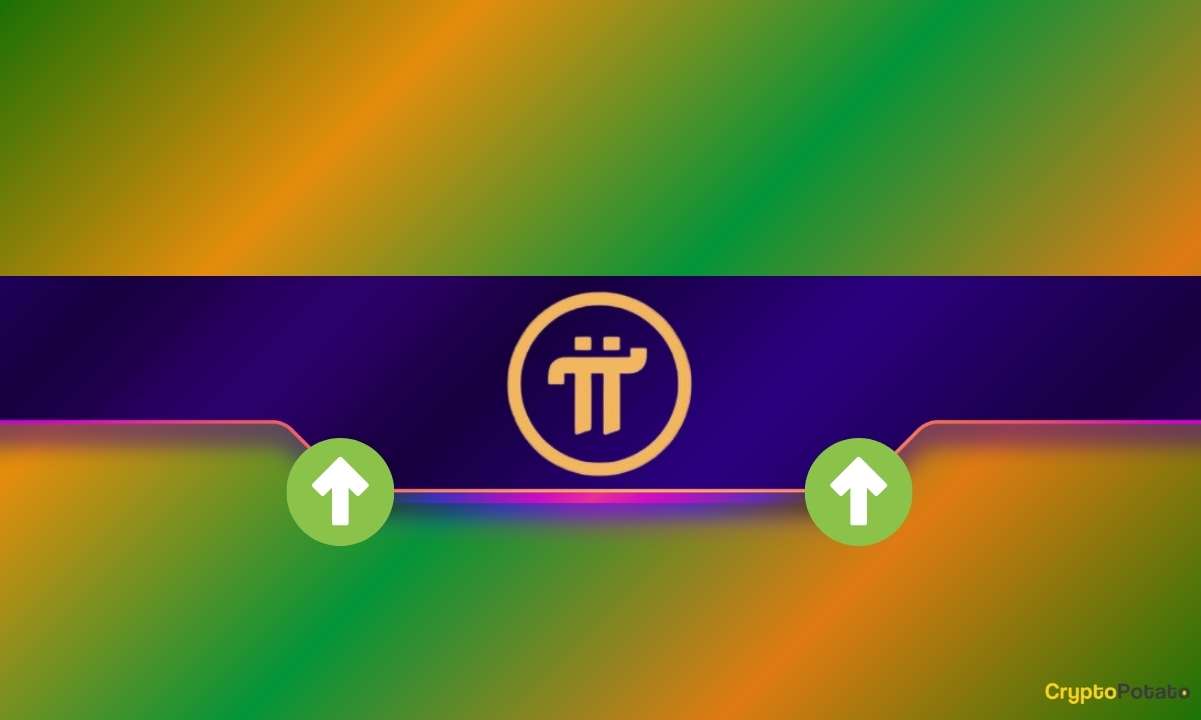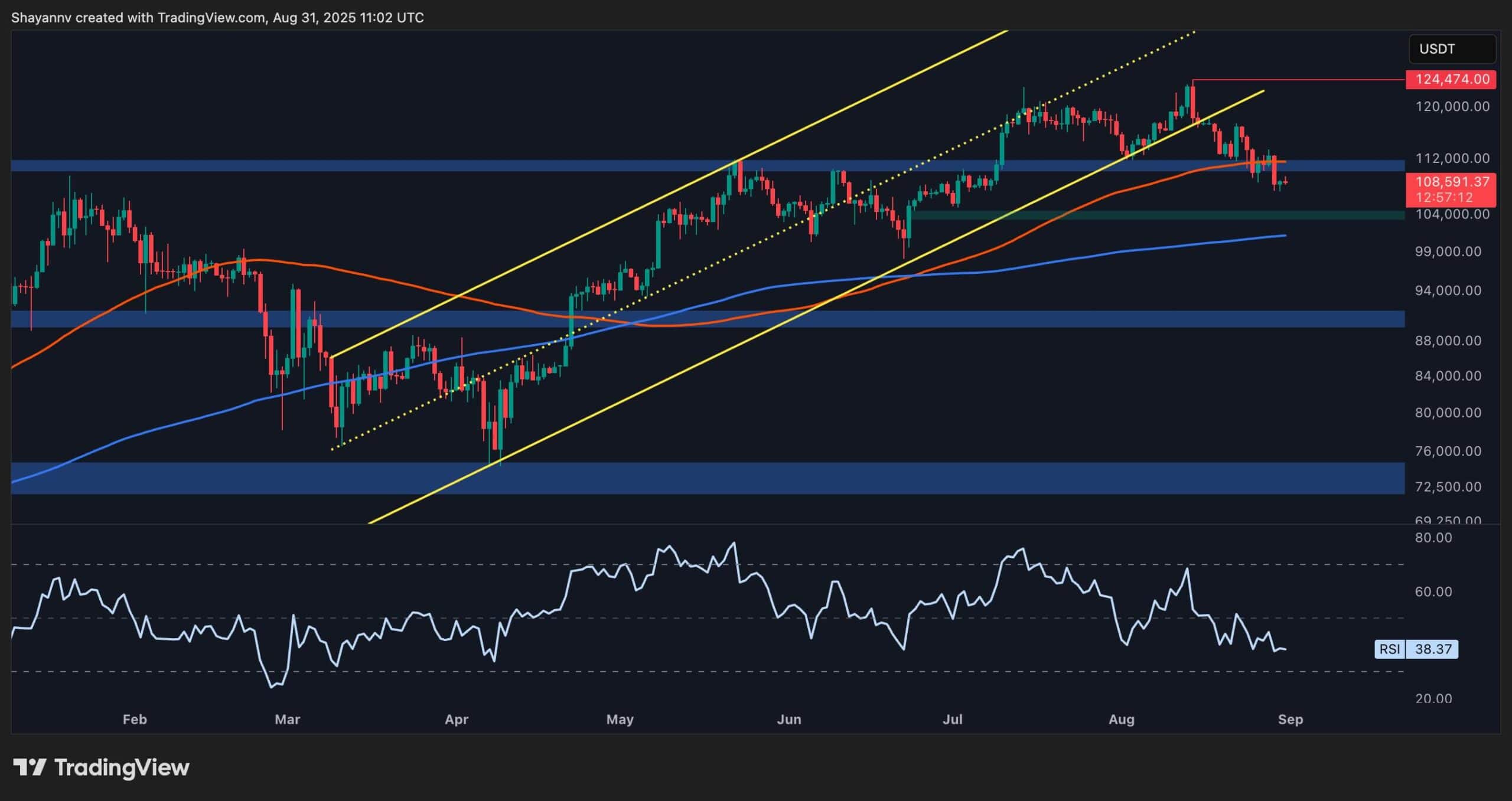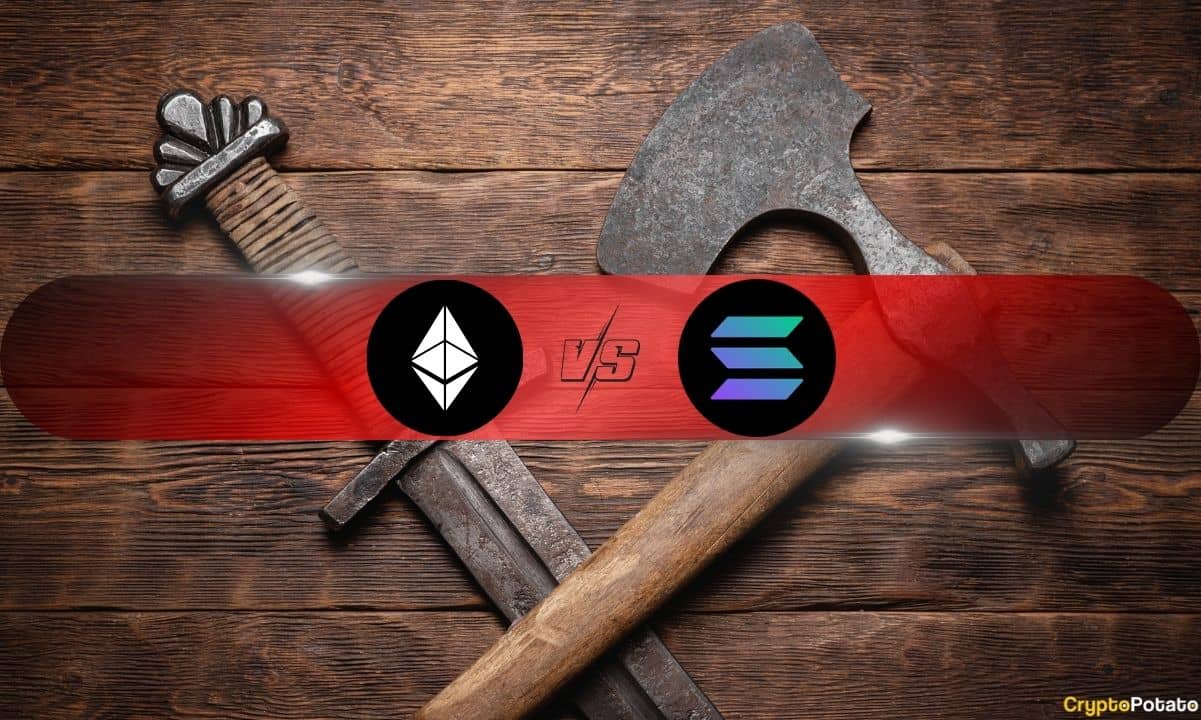Maximal-extractable value (MEV) on the Ethereum network is becoming increasingly centralized, with arbitrageurs tightening their grip on transaction ordering.
According to a recent research paper, these arbitrageurs, called “searchers” in the paper, are increasingly in-house or have exclusive contracts with maximal extractable value builders, who are responsible for block construction on the Ethereum network.
MEV refers to the profit that blockchain validators or other participants can earn by reordering transactions within a block before it’s finalized. On Ethereum, MEV often involves strategies like arbitrage, front-running, or sandwich attacks, where traders exploit price differences to maximize gains.
The paper, titled “Measuring CEX-DEX Extracted Value and Searcher Profitability: The Darkest of the MEV Dark Forest,” looked at how arbitrageurs take advantage of price discrepancies between centralized (CEX) and decentralized (DEX) crypto exchanges, front-running smaller users.
“At the time of writing, three builders, beaverbuild, Titan, and rsync, dominate the Ethereum builder market, two of which vertically integrate their own CEX-DEX searchers,” the authors of the paper wrote. They continued:
“Such vertical integration raises important concerns for Ethereum’s decentralization and security: it fosters economies of scale that strengthen dominant players, enables monopoly pricing that causes proposer loss, and increases vulnerability to censorship and commitment attacks.”The researchers concluded that the centralization of CEX-DEX arbitrage through exclusive agreements with block builders exacerbates “centralization pressures” within the Ethereum ecosystem, and must be considered when planning the future direction and growth of the layer-1 network.
Related: Bros who tricked MEV bots with their own medicine must face trial, says judge
MEV: a perennial challenge for the Ethereum network
Under Ethereum’s Proposer-Builder Separation (PBS), block proposers can outsource the block construction to entities known as builders. This arrangement was done to promote censorship resistance.
However, critics of PBS, including the authors of the research paper, say that it centralizes the network and creates unfair market conditions for smaller participants.
In March, pseudonymous Ethereum researcher Malik672 proposed that Ethereum block building should become democratized, allowing thousands of participants to contribute to block building and enhance network decentralization.
“With 80% of blocks currently proposed by just two entities. This compromises decentralization and fairness,” the researchers wrote.
Ethereum co-founder Vitalik Buterin previously suggested mitigating MEV by building alternative infrastructure, including crypto exchanges.
Buterin also said that MEV could be minimized by starving MEV arbitrageurs from the onchain data they rely on to profit from complex trades and transaction reordering.
Magazine: Proposed change could save Ethereum from L2 ‘roadmap to hell’

 1 month ago
14
1 month ago
14
















 English (US) ·
English (US) ·